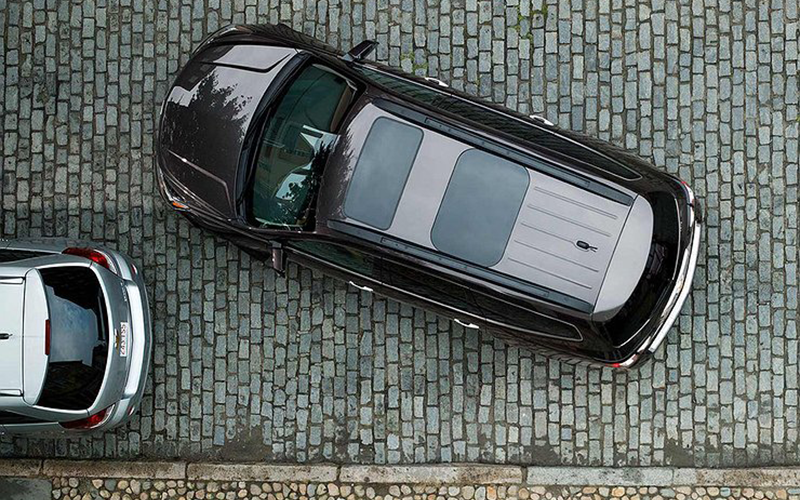 The car has become a simple means of transportation that allows you to enjoy the trip and quickly solve tasks. But many experienced drivers and beginners face the problem of how and where to park between cars. This issue is especially relevant for Kyiv. Therefore, in order not to face parking difficulties when renting a car in Kyiv, you need to learn the rules and hone your own skills.
The car has become a simple means of transportation that allows you to enjoy the trip and quickly solve tasks. But many experienced drivers and beginners face the problem of how and where to park between cars. This issue is especially relevant for Kyiv. Therefore, in order not to face parking difficulties when renting a car in Kyiv, you need to learn the rules and hone your own skills.Common parking problems
Many drivers make mistakes when parking in a lot; you need to learn the rules — and then parallel parking in reverse will become an easy task for both professionals and beginners.To park correctly and properly in parallel or in any other style, you need to:- feel the dimensions of the car and also assess the dimensions of the parking space. The ability to judge sizes appears only with regular practice and honing of skills;
- observe distance when parking. Some drivers, afraid of damaging their car, park too far from the curb. Some do not know how to do parallel parking, so they park so that parts of the car extend beyond the parking space and do not allow another driver to park nearby;
- approach the choice of a parking place correctly, since it is prohibited to stop on a sloping road, as well as in places with exits to other areas, and at pedestrian crossings. By parking incorrectly, you may get a hefty fine or face revenge from drivers, which can be very unpleasant.
 How to park correctly
How to park correctly
To learn to maneuver and easily park in a lot, you need to spend a lot of time studying rules and nuances, as well as training and honing your skills.There are three types of parking:- parallel;
- diagonal;
- perpendicular.
 Parallel parking rules
Parallel parking rules
To easily perform parallel parking in reverse, you need to determine the parameters of the parking space: if the distance is 1.5–2 times the length of the vehicle, you should start parking.How should parallel parking of the vehicle proceed?- Brake and assess the space. Align the center pillar so that it is in the same direction as the front wheel of the car.
- Then turn the steering wheel to the right and, with smooth movements, gradually move forward so that the front and rear side lights line up.
- When the maneuver is completed, turn the wheel to the left and position the vehicle so that it is along the curb or marking line.
- When parking is done between cars, the vehicle should be at an equal distance from other vehicles.
- choose the right space that is easy to enter and act according to the algorithm;
- according to reverse parking rules, stop parallel to the front car, keeping a 50 cm gap;
- engage reverse gear and turn the wheel to the right, start moving slowly, making sure there are no other cars nearby that are traffic participants;
- when the car is turned at 45 degrees to the curb, turn the wheel to the left to align the wheels; make smooth movements so as not to damage the car behind;
- when the car is next to the rear of the front car, turn the wheel to the left and continue moving back;
- after completing reverse parking, check whether there is space for neighboring cars to exit and align the wheels.
Perpendicular parking rules
To park perpendicularly, you need to choose a proper place, since parking requires 350 cm of free space between vehicles.Perpendicular parking should also be carried out according to the algorithm:- align the front pillar of your car with the far edge of the vehicle next to which you plan to park;
- turn the wheel to the stop in the direction the car will move to park;
- move forward slowly, watching the bumper and its direction, as well as the distance between the sides of the cars;
- start straightening the wheel when the vehicle becomes parallel relative to the others.
- drive a little forward from the space so that the far bumper and the far edge of the car are on the same line; the gap between cars should be 100 centimeters;
- turn the wheel toward the side where parking will take place;
- then, in reverse gear, move smoothly;
- stop when there is about 20 cm between the side of one car and the bumper of the other. When the pillar is at the same level as the corner of the nearest car, turn the wheel toward the parking place;
- finish the maneuver by turning the wheel when the car stands along the other vehicles.
 Diagonal parking rules
Diagonal parking rules
We will explain how to do diagonal parking correctly. The diagonal parking algorithm has its own steps:- the distance between the vehicle and your car should be 150 centimeters;
- turn the wheel toward the side where you are parking so that the windshield and the rear left corner of the adjacent car are on the same level;
- while moving, straighten the wheel and ensure there is equal space on both sides;
- the car is considered parked when it stands near the curb.
What to pay attention to when choosing a parking place?
You need to correctly select the size of the parking space so that the car can easily park and does not create an obstacle for other cars.You should also choose proper locations: for example, do not park near hazardous buildings, high-rises, or near cliffs.Electronic assistance when parking a car
If parking sensors are installed on the car — electronic assistants for parking — then it is much easier and faster to park the vehicle.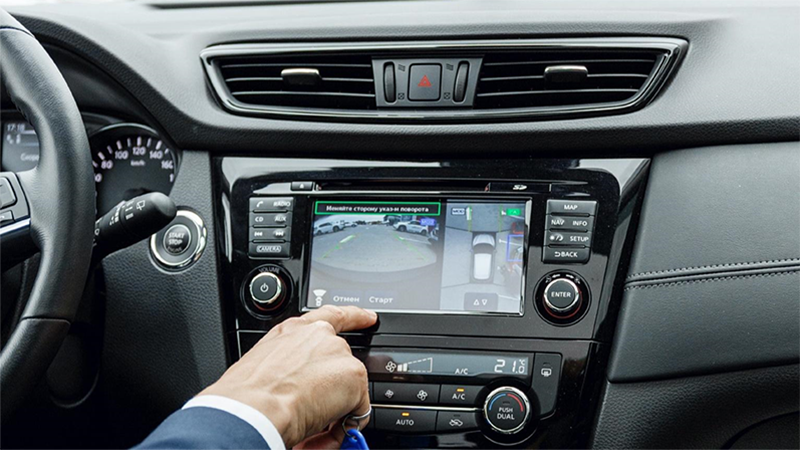 It is the electronic assistants that warn the driver about the decreasing distance to an obstacle. Parking assistants are controlled by sounds or voice indicators; this gadget will save the vehicle from damage by warning about obstacles in advance. Using gadgets is relevant for beginner drivers.
It is the electronic assistants that warn the driver about the decreasing distance to an obstacle. Parking assistants are controlled by sounds or voice indicators; this gadget will save the vehicle from damage by warning about obstacles in advance. Using gadgets is relevant for beginner drivers.






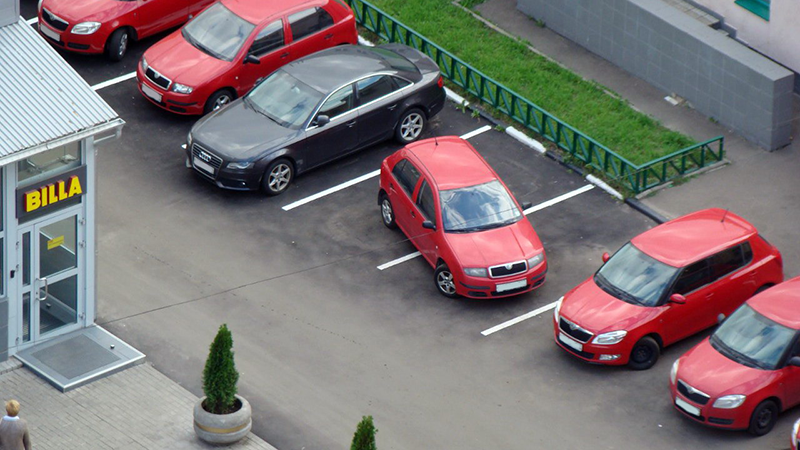 How to park correctly
How to park correctly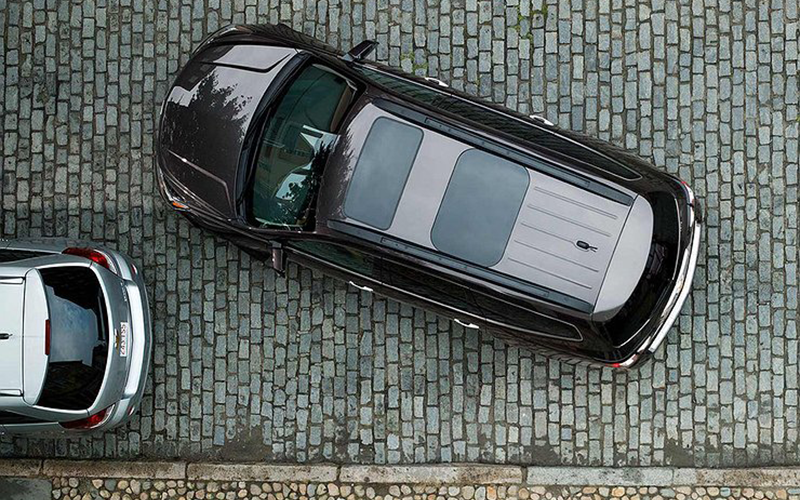 Parallel parking rules
Parallel parking rules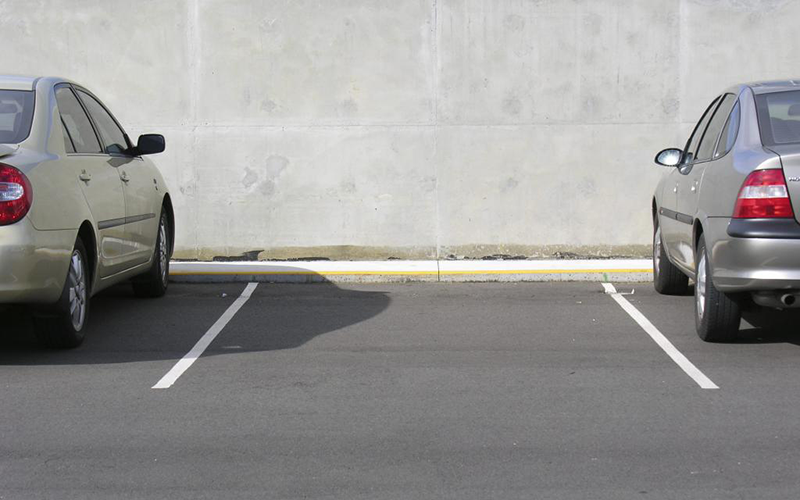 Diagonal parking rules
Diagonal parking rules